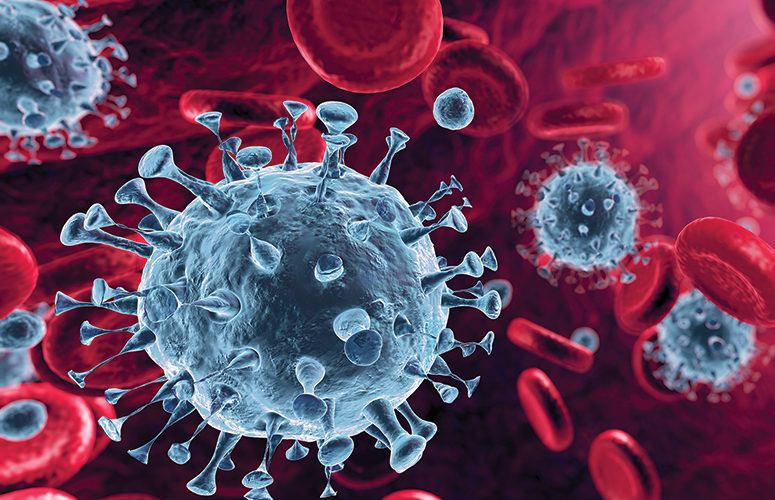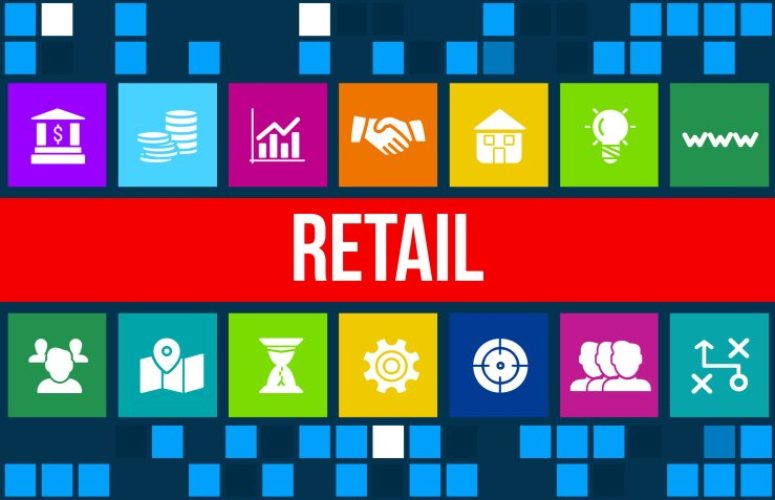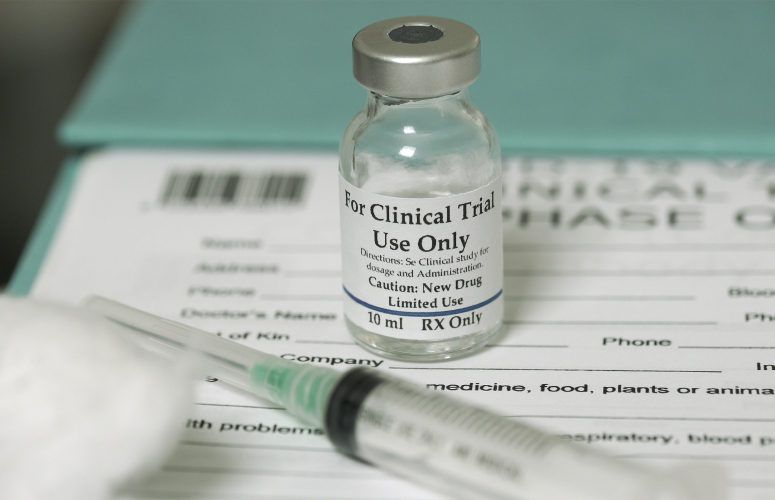
NJ’s Response to COVID-19
On Mar 31, 2020The State of New Jersey, educational institutions, healthcare facilities, the private sector – including businesses and trade associations, as well as the federal government – are doing their best in dealing with the COVID-19 outbreak. It is an illness that has affected more than 737,900 people globally, killed more than 35,000 as of March 30, and – as of this writing – 13,386 New Jersey residents have come down with the coronavirus, with 161 reported fatalities.
The state has been holding daily news briefings on its responses to the crisis, including the announcement of a state of emergency on March 9 leading up to Executive Order No. 104, which implemented aggressive social distancing measures. This included the indefinite closing of all public schools and institutions of higher education. Then, on March 21, Governor Murphy issued Executive Order 107, which ordered the closing of all non-essential retail businesses in the state, ordered residents to stay at home (again, with limited exceptions, such as to obtain food), and forbids private gatherings or parties – all historically unprecedented moves aimed at hopefully slowing person-to-person transmission of the virus.
The federal government has passed a $2-trillion coronavirus relief package that will provide aid to business small and large, in addition to families and individuals. Meanwhile, the New Jersey Economic Development Authority introduced a $75-million package of grants and zero interest loans to businesses impacted by the COVID-19. The measure also includes support for private-sector lenders and Community Development Finance Institutions (CDFIs), funding for entrepreneurs, and a variety of resources providing technical support and marketplace information.
Additionally, the state, in many of its briefings and discussions with the business community, has provided links to a variety of websites that provide assistance on a range of matters from business continuation strategies, employee benefit issues, and health information.
This includes https://covid19.nj.gov/ for residents and businesses, plus http://cv.business.nj.gov, which is specifically geared towards companies small and large. This site features guidance for employers and employees, and information on economic assistance, employee benefits and more.
Information is also available at the NJ Department of Health website at www.nj.gov/health. Business with questions can also contact the DOH at [email protected] or call 1-800-222-1222.
The federal Centers for Disease Control and Prevention (CDC) has a vast array of information on its website as well, with an interim guidance for businesses and employers page at https://www.cdc.gov/coronavirus/2019-ncov/specific-groups/guidance-business-response.html
The New Jersey Business & Industry Association is also providing a website – www.njbia.org/coronavirus – where businesses are finding a one-stop connection to critical links to state and federal agencies, legal sources, and NJBIA’s government affairs experts.
Additionally, NJBIA discovered in a member survey a week before the shutdown that most businesses were already in need of assistance in handling this pandemic. The association found out that 93% of members who responded to the survey had been already negatively impacted by the coronavirus health crisis or anticipated being negatively impacted.
When asked to what extent their business has been negatively impacted, 60.7% said they already were negatively impacted, while 33.3% said they anticipate being negatively impacted in the near future. Meanwhile, 5.9% said they do not anticipate being negatively impacted.
When asked how they will respond to the negative business impacts caused by the coronavirus, 42.5% said they will need to reduce staff, 40.5% said they will need to reduce employee hours, 14% said they will need to reduce benefits, and 20% said they will do nothing.
Another 32% listed “other” additional remedies to accommodate the impacts including: needing to temporarily close; relying on personal savings and credit to pay bills; negotiating with vendors, landlords and utility companies; adjusting service levels; reducing expenses; increasing spending on cleaning and disinfecting; and increasing remote working.
To access more business news, visit NJB News Now.
Related Articles:





